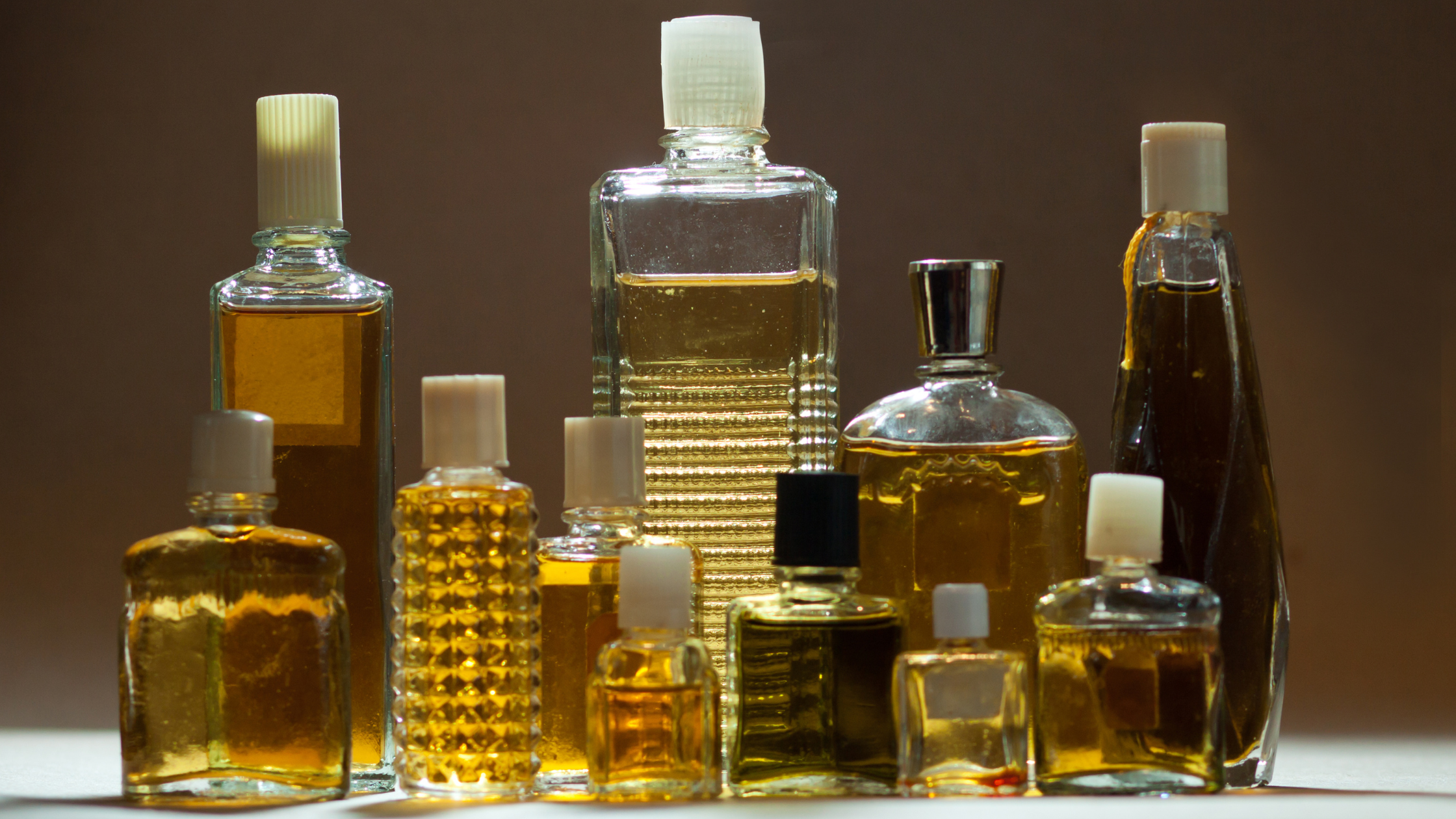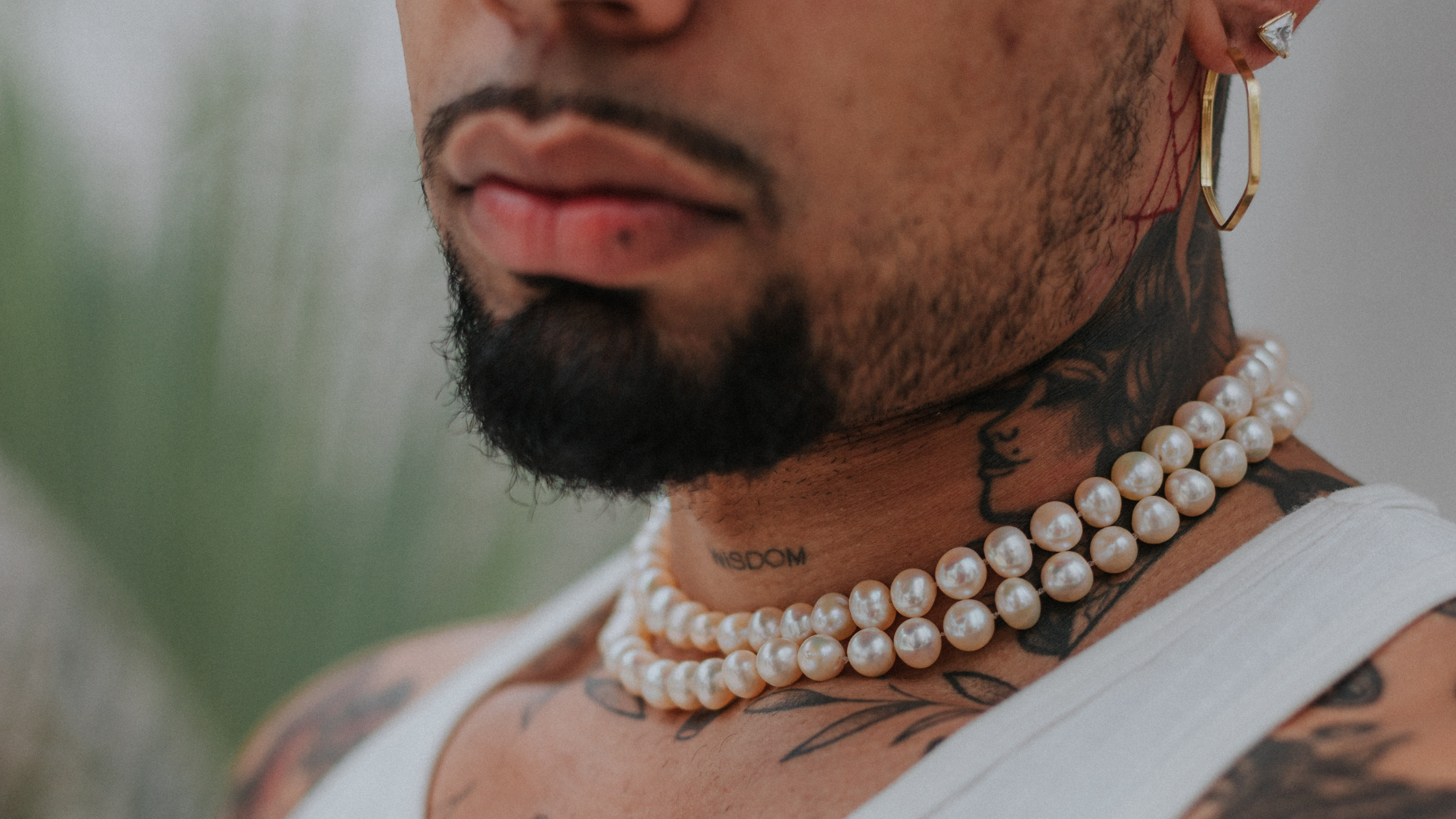
The Evolution of Luxury Vegan Perfume: From Animal Scents to Synthetic Elegance
For centuries, the art of perfumery has been steeped in tradition, with many of the most iconic scents derived from animal sources. These animal-based materials were once highly prized, not only for their rarity but also for their unique, long-lasting properties. However, in recent years, the fragrance industry has undergone a significant transformation. Ethical concerns, environmental awareness, and advances in synthetic chemistry have led to the rise of vegan luxury perfumes—scents that are free of animal ingredients and cruelty-free, but no less indulgent or sophisticated. Let’s explore the journey of perfumery, from its ancient reliance on animal-derived scents to the modern era of synthetic, plant-based luxury fragrances.
A History of Animal Ingredients in Perfumery
Perfume has a long and illustrious history, dating back thousands of years to ancient civilizations like Egypt and Mesopotamia. However, it was in later periods, particularly during the Renaissance and the 18th and 19th centuries, that perfumery evolved into a formalized craft. One of the most valuable ingredients in traditional perfumes was ambergris, a waxy substance formed in the digestive system of sperm whales. Ambergris was coveted for its ability to act as a fixative, ensuring that perfumes would last longer on the skin.
Similarly, other animal-derived ingredients became integral to high-end fragrances. Musk, originally sourced from the glands of the musk deer, became one of the most popular and luxurious components. Its earthy, sensual aroma was unmatched, and musk was a common base note in many classic perfumes. Civet, an oil extracted from the glands of the civet cat, and castoreum, taken from beavers, also found their way into famous compositions. These animal-based materials were sought after not just for their unique olfactory profiles, but also for their natural ability to enhance and stabilize the scents.
The Shift Toward Synthetics: Ethical and Environmental Awareness
As societies grew more conscious of animal welfare and the environmental impact of such practices, the perfume industry began to face increasing scrutiny. The extraction of ingredients like musk and civet often involved cruel practices, contributing to the endangerment of species like the musk deer. Additionally, as whale populations dwindled, the sourcing of ambergris became controversial.
By the mid-20th century, the advent of synthetic chemistry offered a solution. Scientists developed lab-created versions of these iconic animal scents, chemically identical or close to the natural compounds but without the ethical baggage. This shift allowed perfumers to maintain the luxurious and complex aromas associated with these materials while eliminating the need for animal exploitation. Today, synthetic musks, civetone, and ambroxan (a synthetic version of ambergris) are used widely across the fragrance industry.
The Rise of Vegan Luxury Perfumes
With growing consumer demand for ethical and sustainable products, the fragrance world has seen a surge in vegan perfumes—fragrances that contain no animal-derived ingredients and are often produced by companies committed to cruelty-free and environmentally friendly practices. What once seemed like a niche market has blossomed into a thriving segment of the luxury perfume industry, with several high-end brands leading the way.
One notable brand is Byredo, a Swedish luxury fragrance house known for its minimalist packaging and complex, high-quality scents. Many of Byredo’s perfumes are vegan and use synthetic alternatives to traditional animal ingredients. Their fragrances like Gypsy Water and Blanche are celebrated for their innovative compositions, proving that vegan doesn’t mean compromising on sophistication.
Another leader in vegan luxury is Le Labo, a cult-favorite brand famous for its unique, hand-blended fragrances. Le Labo’s entire line is cruelty-free and many of its perfumes are vegan. One standout is Santal 33, an iconic scent beloved for its warm, woody aroma that perfectly showcases how synthetics can elevate vegan perfumery to the realm of luxury.
Herbivore Botanicals, while not traditionally known for perfumes, offers a range of vegan body oils and fragrances that provide a more natural, botanical take on luxury. Their products are cruelty-free, vegan, and free from synthetic preservatives, focusing on purity and simplicity without sacrificing elegance.
The Future of Vegan Luxury Fragrances
As the demand for ethical and sustainable luxury products continues to rise, the future of vegan perfume looks incredibly promising. Innovations in biotechnology are pushing the boundaries even further. Companies like Givaudan, a leading fragrance house, are experimenting with bioengineering to create synthetic versions of natural ingredients, reducing the environmental footprint even more.
In conclusion, the luxury perfume industry has undergone a remarkable transformation, moving away from animal-derived ingredients toward more ethical, synthetic alternatives. Today’s vegan luxury perfumes are every bit as complex, seductive, and long-lasting as their traditional counterparts, with the added benefit of being cruelty-free. Brands like Byredo, Le Labo, and Herbivore Botanicals are proving that ethical choices and luxury can beautifully coexist, leading the charge into a future where sustainability and sophistication go hand in hand.




